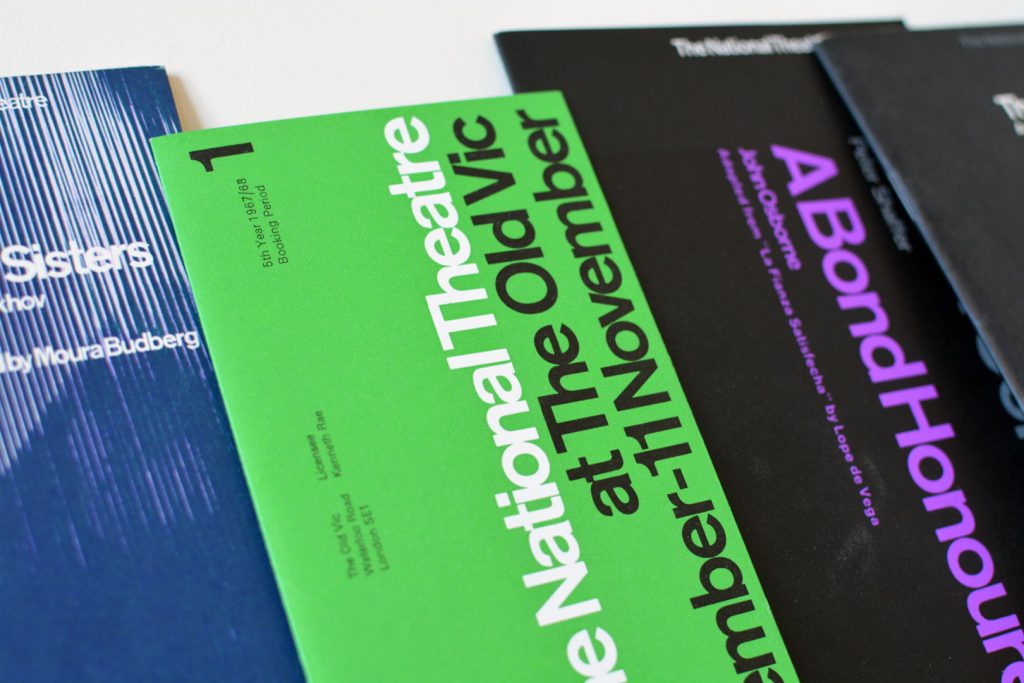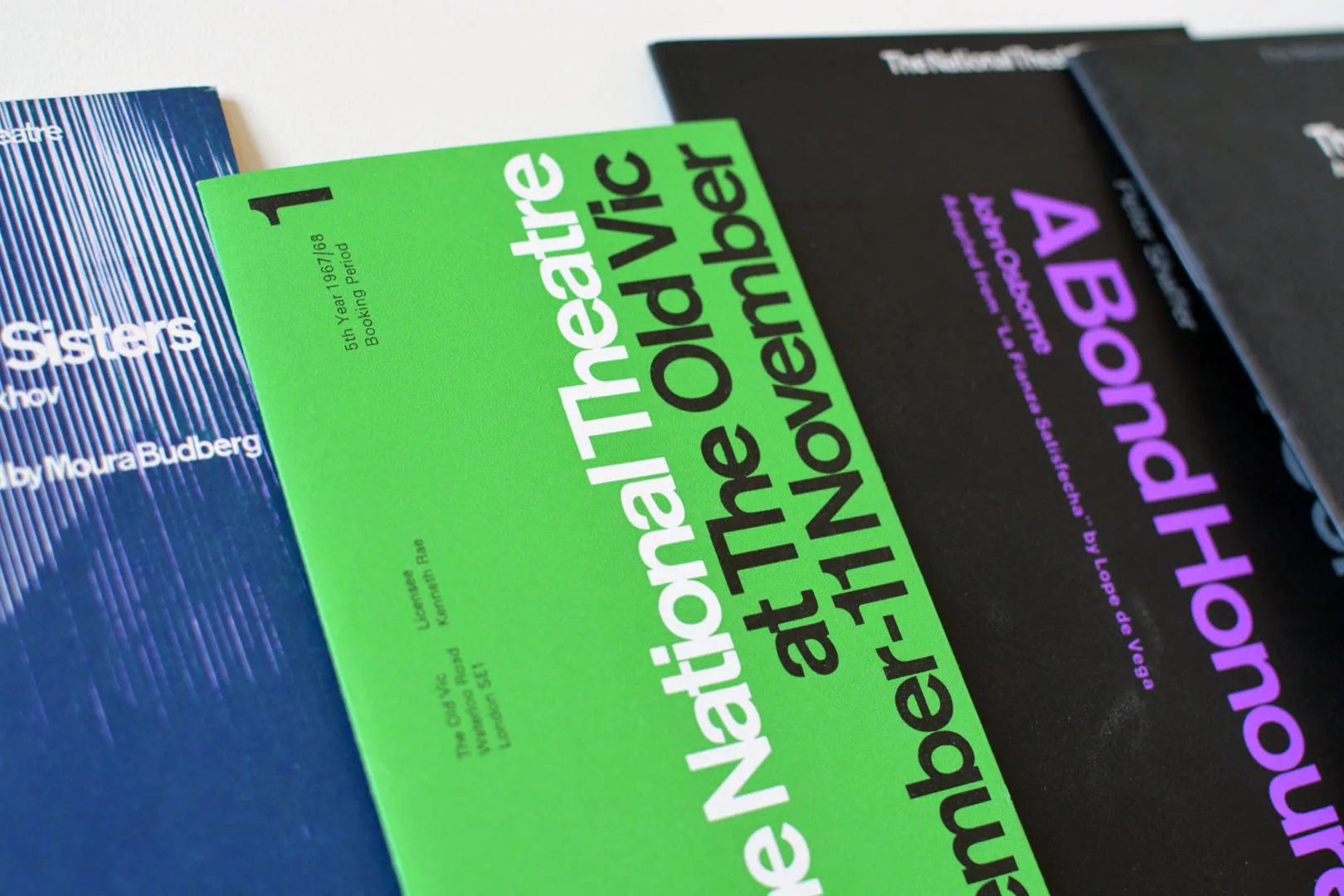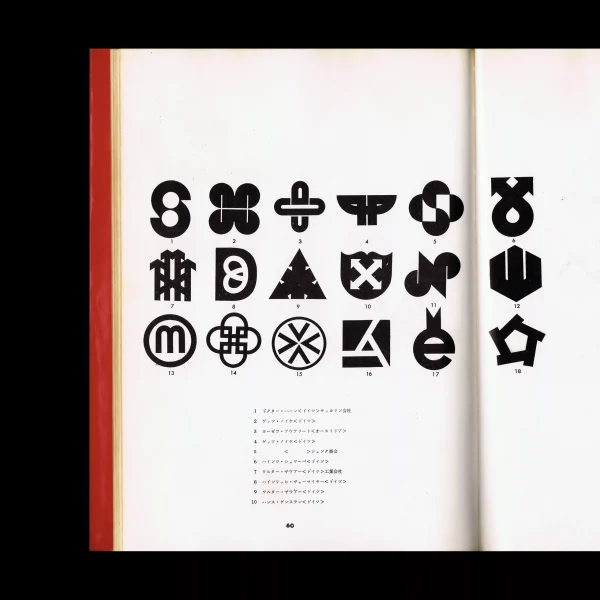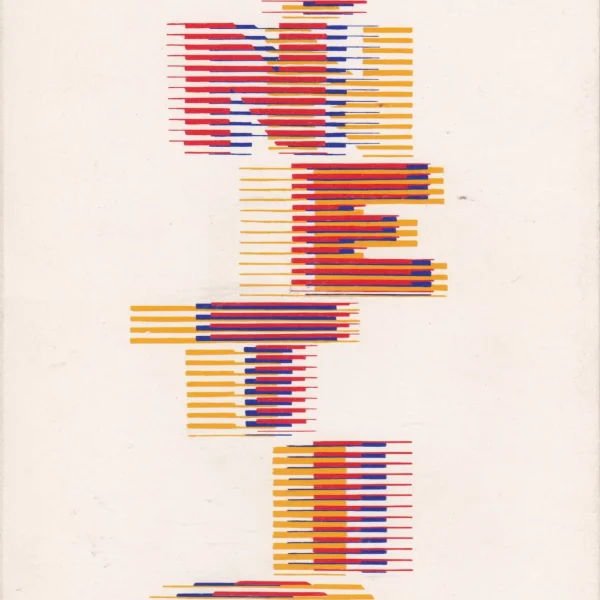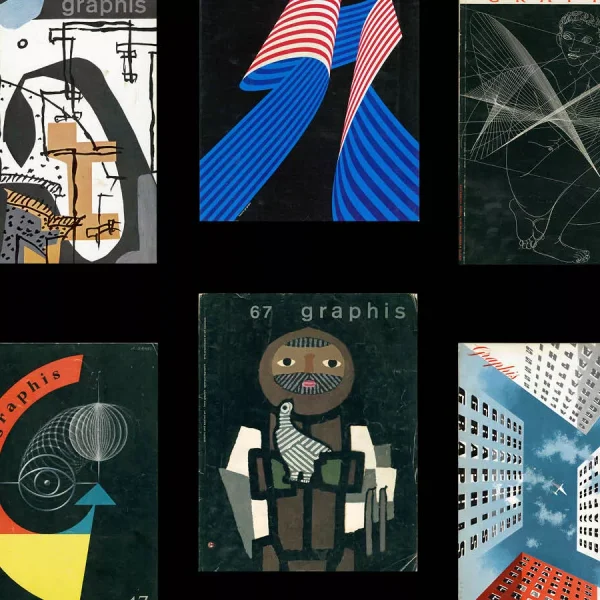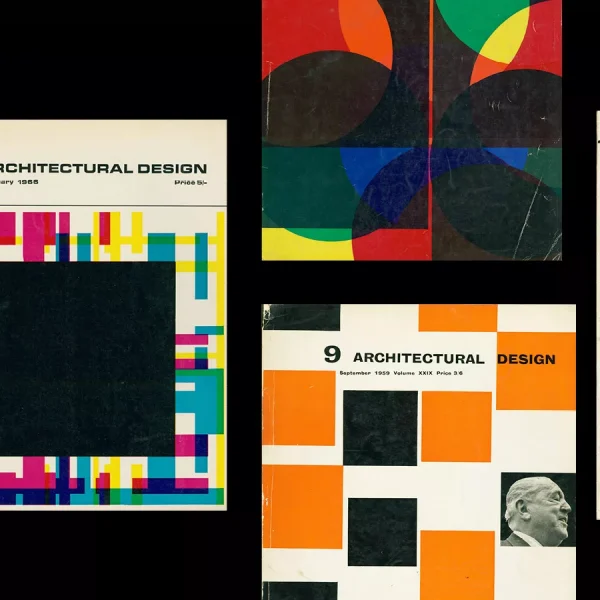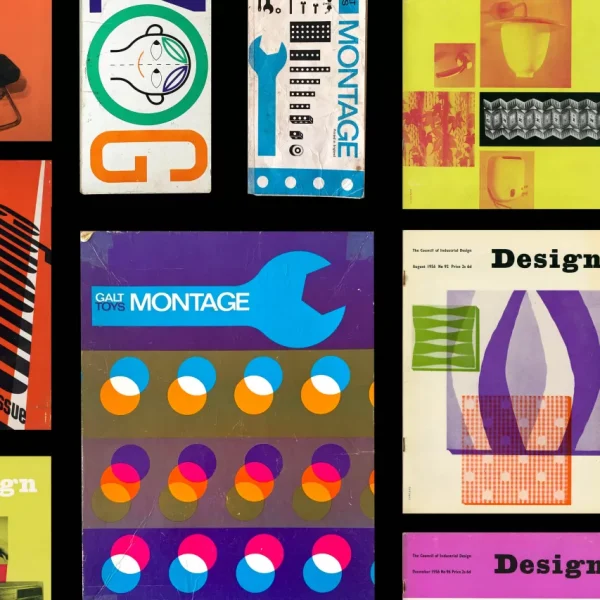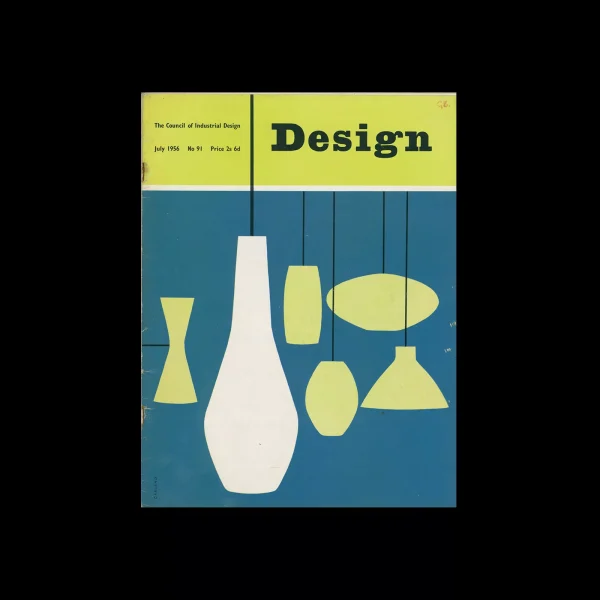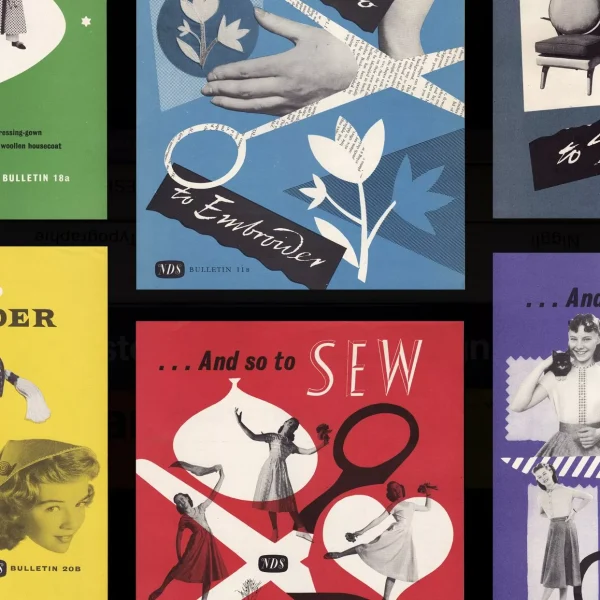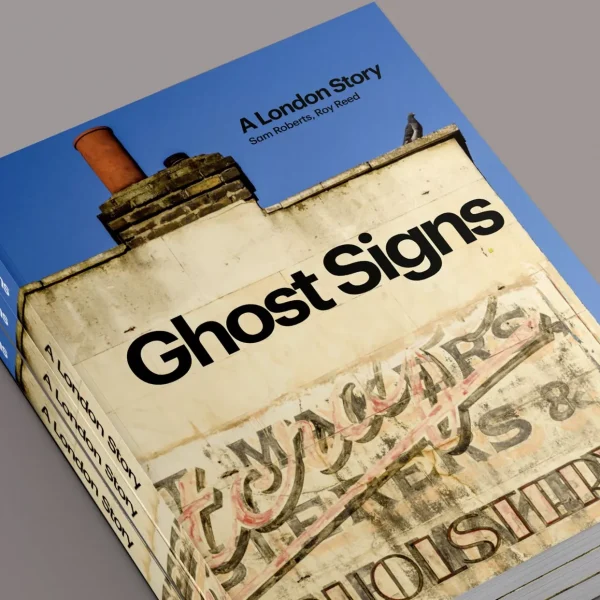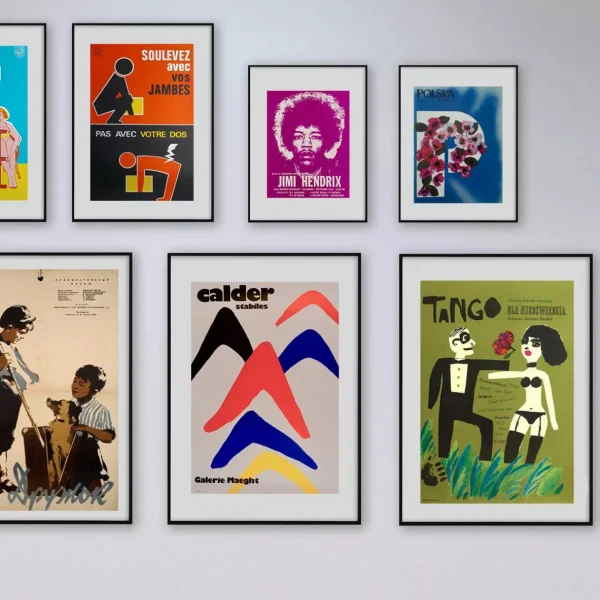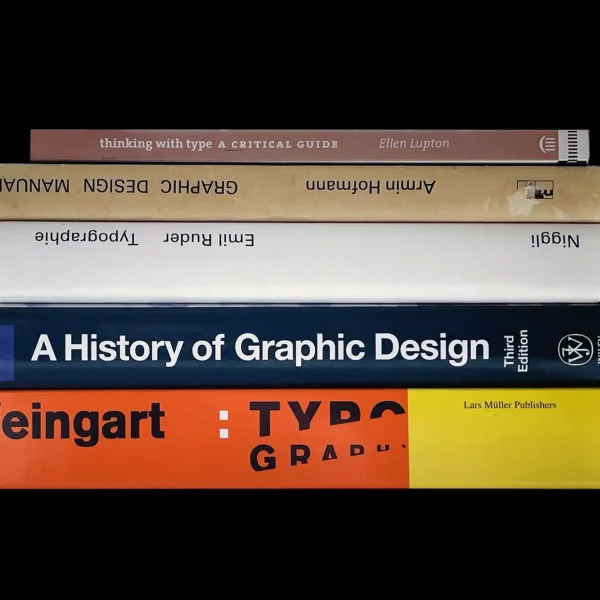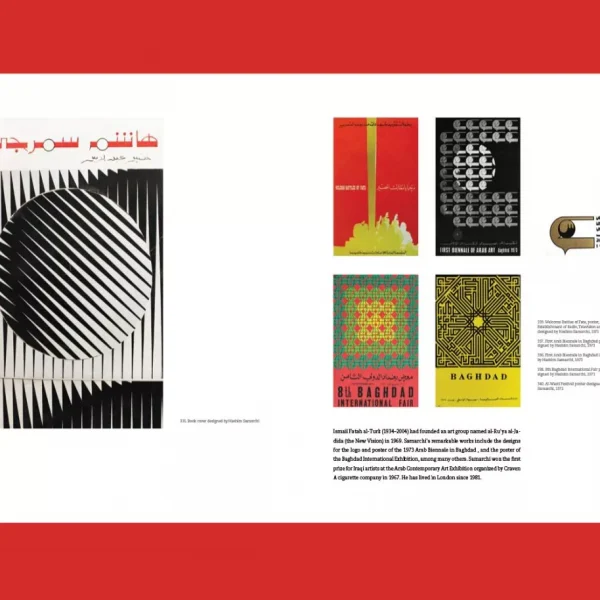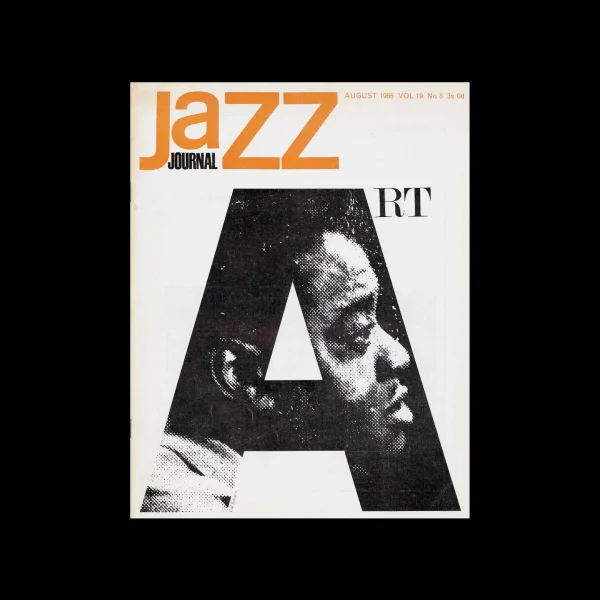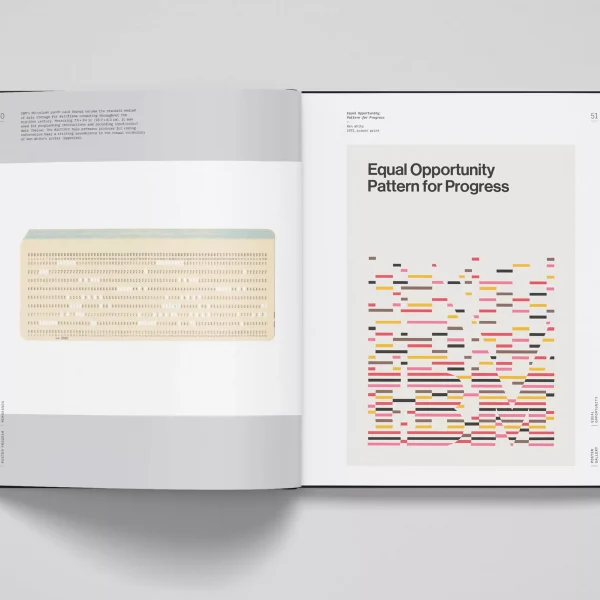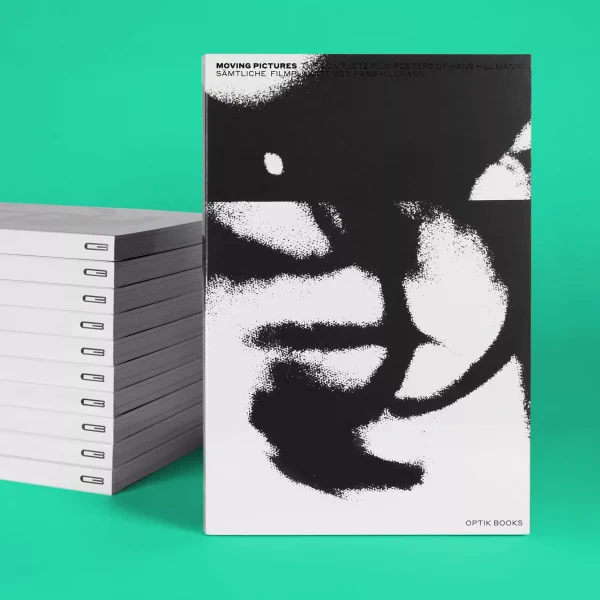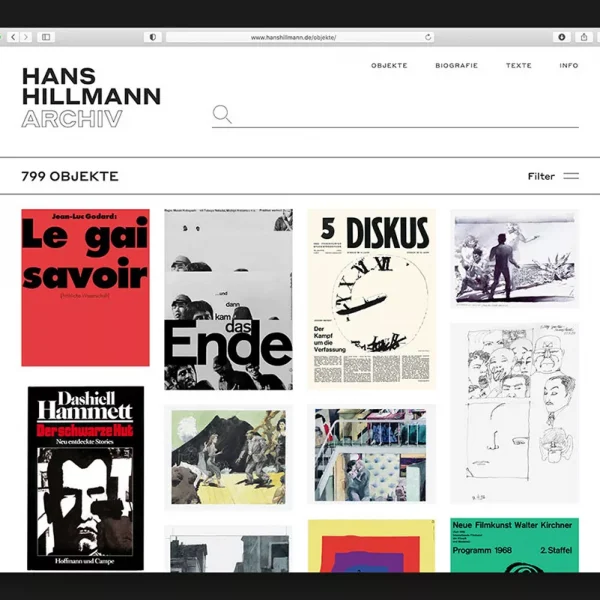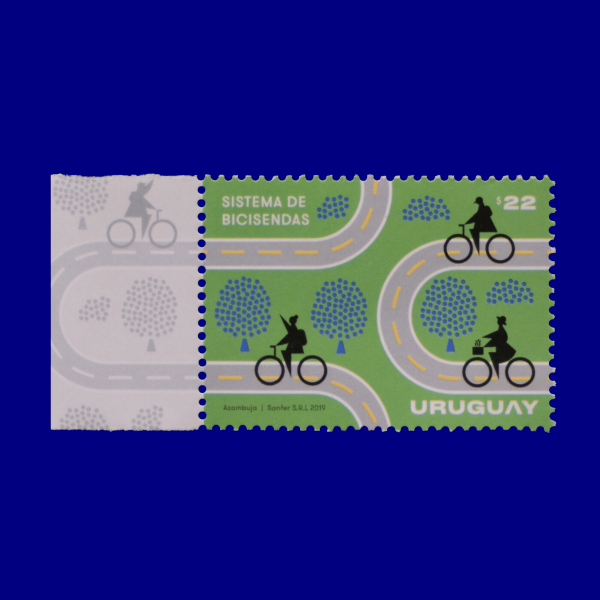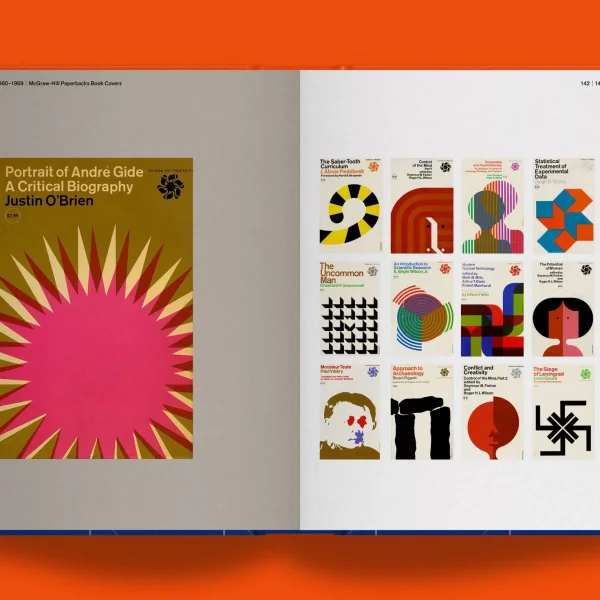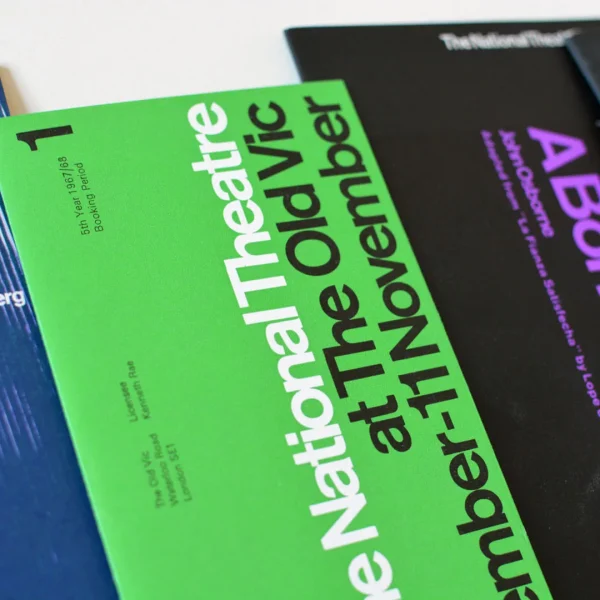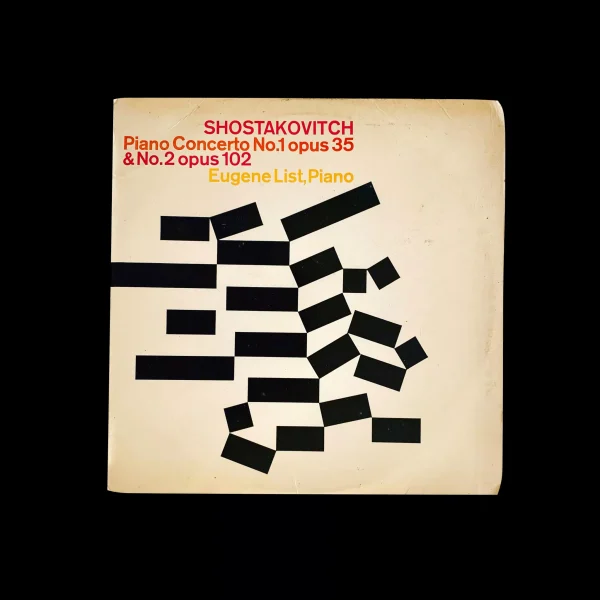Members Content
- Design Archive Feature, Members Only Content
Paul Rand, one of the most acclaimed American designers is known for his iconic corporate identities, playful illustration and commercial art. Paul wrote the preface for Yusaku Kamakura's book, Trademarks of the World, 1958. He states his influence of Japanese art and design, trademarks as a universal language and his struggles with English grammar.
Members Content
- Design Archive Feature, Members Only Content
Kinetic art refers to art the depends on movement for its desired effect and is closely related to op art. Upon scanning a few of the inner inserts from the Kinetics exhibition catalogue from the Hayward Gallery, London, 1970, I came across these five small manifestos on kinetic art.
- Design Books
To Have and To Hold, contains hundreds of bag designs collected during over half a century. The book is a must-buy for anyone interested in ephemera, the history of design or British high street history.
Members Content
- Design Archive Feature, Members Only Content
Graphis is one of the industries most long-standing magazines. It was first published in 1944 and founded by Walter Herdeg and Walter Amstutz in Zurich, Switzerland. It was released bimonthly and was trilingual, with articles in English, French and German.
Members Content
- Design Archive Feature, Members Only Content
Theo Crosby was born in South Africa in 1925 and moved to Britain in the late 1940s. He was a highly skilled designer, architect and sculptor. He became the technical editor of Architectural Design magazine in 1953 and remained in the post for almost a decade. The large format magazines feature an array of content including information on buildings, materials and architectural plans.
- Designer Profile
Ken was born in 1929, in Southampton and grew up in a small market town in North Devon. He was a principled man, with strong values and views against the hyper-consumerism we live with today. Ken studied at the London Central School of Arts and Crafts in the 1950s and was taught by Herbert Spencer, Anthony Froshaug and Jesse Collins. Whilst at the School he studied alongside designers Ken Briggs, Alan Fletcher and Colin Forbes.
- Designer Interview
The Utah State University (USU) houses a vast collection of Outdoor Recreation Catalogues and magazines, You can browse and search records of more than 8,000 catalogues and magazines from over 500 companies, including manufacturers like Lowe Alpine and Sierra Designs to retailers like Eastern Mountain Sports and REI.
- Designer Interview
Projekt 26 is a fantastic online store dedicated to vintage Polish posters, as well as operating online, both Harriet and Sylwia also run poster markets, social accounts full of the vibrant works and have a radiating passion and knowledge of the subject.
- Designer Interview
I have known Rob for over a decade and I have been a huge admirer of his work. He specialises in reverse gilded glass sign making, typographic murals and traditional sign-writing.
Members Content
- Design Archive Feature
Before setting up Ken Garland & Associates in Camden, London, Ken was art editor of Design magazine in 1956. The magazine was published by the Council of Industrial Design, which was set up in 1944 with the prime focus of supporting Britains economic recovery.
Members Content
- Design Archive Feature, Members Only Content
Both the And So To Embroider & And So to Sew bulletins were published by the Needlework Development Scheme. Established in 1934 and operating until 1961, the scheme was a partnership between educational establishments (Scottish art schools, Aberdeen, Dundee, Edinburgh and Glasgow) and industry.
- Design Books
The most comprehensive account of ghost signs ever published, focusing on London’s hand-painted relics of advertising past
Members Content
- Design Archive Feature, Members Only Content
Industrial design was an American design magazine featuring furniture, ceramics, housewares, appliances, automobiles, buildings, radios, projectors, televisions, and many other objects designed for the postwar middle class. First published in the 1950s by Charles Whitney with Alvin Lustig as art director.
- Events
The UK’s first vintage poster market is to launch as a 3-day pop-up at the Copeland Gallery in Peckham 14-16 May. Entry is free.
- Design Books
From time to time members of the Graphic Design History group and others have asked for a number of recommendations for books related to design history, theory and specific areas of graphic design. This is the first of a series of articles from educators, designers and archivists featuring book recommendations and resources.
- Designer Interview
Simon Dixon is the co-founder of DixonBaxi and has been at the forefront of exceptional design from the start of his carreer. This year, DixonBaxi, celebrated twenty years in business, and their team of forty work with clients such as WWE, MAX, Premier League, Channel 4 and Netflix.
- Design Books
Both educators have a keen interest in multiscriptual design, Arabic type design, and graphic design and recently released A History of Arab Graphic Design. I contacted Bahia and Haythem to find out more.
Members Content
- Design Archive Feature, Members Only Content
Jazz Journal was first published in 1946 by Sinclair Traill, who also had some of his photographs used on the covers. The magazine is now online but remained in print for several decades, as Britain's longest enduring jazz magazine.
- Design Books
In the late 1960s, IBM was one of the world’s pre-eminent corporations, employing over 250,000 people in 100 countries. While Paul Rand’s creative genius has been well documented, the work of the IBM staff designers who executed his intent outlined in the IBM Design Guide has often gone unnoticed.
- Design Books
This book shows, for the first time, all of Hans Hillmann’s film posters. Unpublished sketches and drafts from his estate along with commentary from conversations and interviews provide an insight into the creative process of the award-winning designer.
- Design Inspiration
A new online archive makes the complete works of the famous graphic designer accessible
- Design Inspiration, Designer Interview
Gabriel sent me a link to his amazing Uruguayan Graphic Design Archive when I launched Design Reviewed. The content was so amazing, I ended up spending a good hour looking through the content and it has definitely made it to my bookmarks.
- Design Books
In the ambitious new monograph Rational Simplicity: Rudolph de Harak, Graphic Designer, Volume shines a light on the complete arc of the exceptionally rich and varied career of Rudolph de Harak, showcasing his vibrant, graphic, formally brilliant work, which blazed a colourful trail through the middle decades of the twentieth century.
Members Content
- Design Archive Feature, Members Only Content
I first came across Kens work in the Unit Edition’s superb monograph, Structure and Substance, published in 2012. Although I had owned a few of the British industrial design magazines, Design, for a few years before, in which Ken had designed numerous covers for.
Members Content
- Design Archive Feature, Members Only Content
The typographic designs produced for the National Theatre by Ken Briggs are not only iconic and depict the Swiss typographic style of the time, but remain a key example of the creation of a cohesive brand style.
Members Content
- Design Archive Feature, Members Only Content, Music Artwork
Rudolph de Harak designed over 50 record covers for Westminster Records as well as designing covers for Columbia, Oxford and Circle record labels. His bright, geometric graphics can easily be distinguished and recognised.

